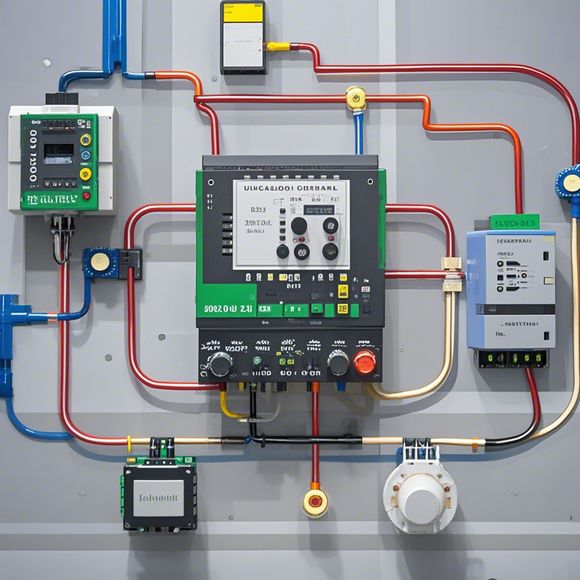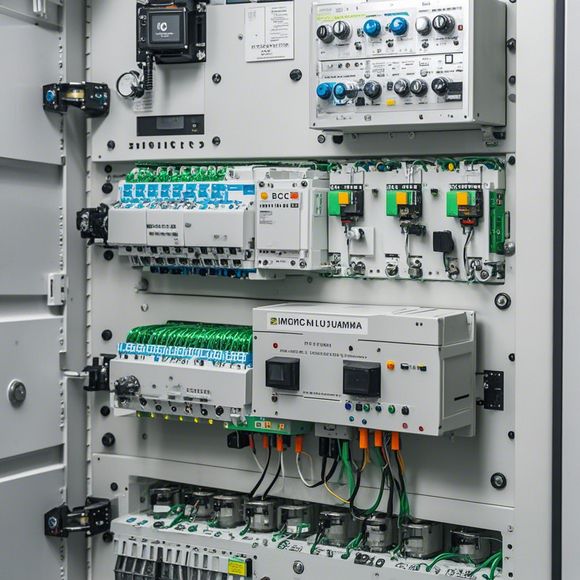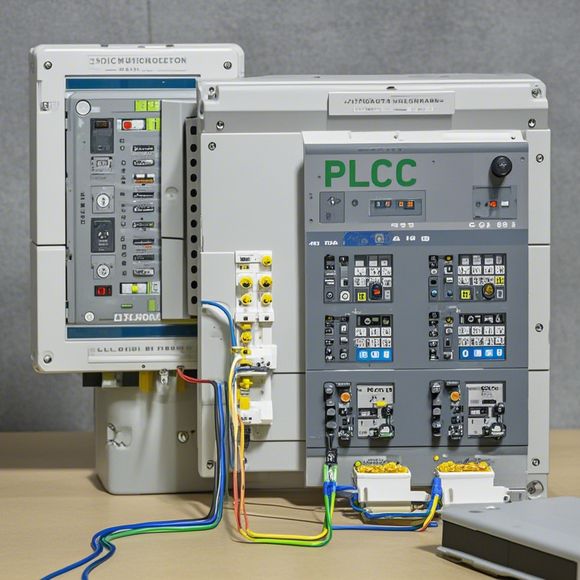What is the Role of a PLC (Programmable Logic Controller)?
PLCs, also known as programmable logic controllers, serve a crucial role in industrial settings by controlling and coordinating various processes. They are designed to automate complex systems by executing instructions based on predefined programs, making it easy for operators to manage the operations of machinery and equipment without manually adjusting them. These controllers can be programmed to control devices such as pumps, valves, conveyors, and other machinery, allowing for precise and efficient operation. In essence, PLCs play a vital role in enhancing productivity and minimizing downtime, making them an essential component in many modern industrial environments.
In today's world of automation and industrial control, Programmable Logic Controllers (PLCs) play an indispensable role. These devices are designed to handle complex tasks that require precise and consistent performance, whether it's monitoring industrial processes, controlling machinery, or managing data streams.
At their core, a PLC is a microcomputer system that can be configured to perform specific functions based on preset instructions or commands. Unlike traditional hardware-based controllers, PLCs offer a high degree of flexibility and customization. They can be programmed to execute a wide range of tasks, from simple logic-based operations to more complex algorithmic solutions.
One of the key benefits of using PLCs is their ability to automate repetitive and time-consuming tasks. This can significantly improve efficiency and reduce downtime, leading to cost savings and improved productivity. By automating critical processes, PLCs can help businesses stay within regulatory compliance requirements without sacrificing quality or safety standards.

Another advantage of PLCs is their integration capabilities. Many modern PLC systems come with advanced communication protocols such as Ethernet and Wi-Fi, allowing them to connect to other devices and systems seamlessly. This can enhance overall system performance, enabling remote monitoring, data analytics, and predictive maintenance.
Moreover, PLCs offer reliability and durability, making them ideal for harsh industrial environments. They are typically built to withstand extreme temperatures, vibrations, and other environmental factors, providing long-term stability and performance.

When it comes to programming, PLCs offer a user-friendly interface that allows for easy configuration and modification of settings. This means that even those without technical expertise can easily create customized programs that meet specific needs.
In conclusion, the role of a PLC is multifaceted and crucial for modern industrial operations. Whether you're looking to automate routine tasks, integrate with other systems efficiently, or ensure reliability and durability, a PLC can deliver the precision and control needed to achieve your goals. So why not embrace this powerful technology and see where it takes your business?

Content expansion reading:
Articles related to the knowledge points of this article:
PLC Programming for Automation Control in the Manufacturing Industry
Plumbers Rule! The Role of PLC Controllers in the World of Waterworks
The Role of Programmable Logic Controllers (PLCs) in Foreign Trade Operations
Connecting a PLC Controller to Your Computer
PLC Controllers: A Comprehensive Guide to Understanding Their Prices